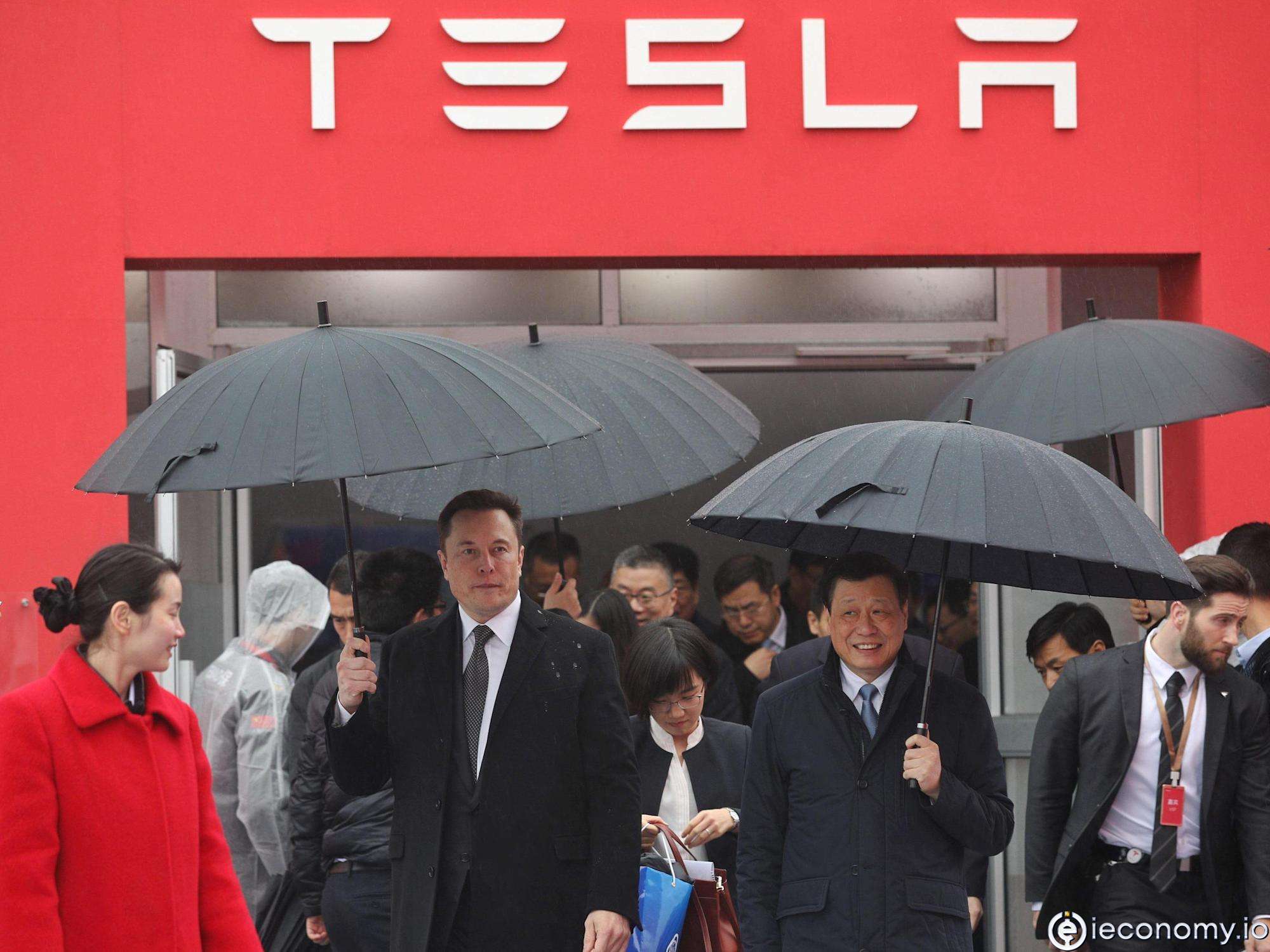10577
0
The trade war is hindering the expansion of Tesla in China
The trade war between the US and China is apparently hindering the expansion of the electric car manufacturer Tesla.

Yazar: Tom Roberts
Yayınlanma: 11 Mayıs 2021 23:39
Güncellenme: 3 Mart 2026 07:56
The trade war is hindering the expansion of Tesla in China
The trade war between the US and China is apparently hindering the expansion of the electric car manufacturer Tesla. The US company has put its plans aside to expand its car factory in Shanghai into an export hub because of tensions between the two countries, several people familiar with the matter told Reuters. Until recently, Tesla had planned to expand exports of the Model 3 produced in China to other countries, including the USA. The project had been abandoned because the punitive tariff of 25 percent on imports from the People's Republic, which was introduced under the former US President Donald Trump, continues to apply. Tesla has so far delivered the Model 3 from Chinese production to Europe. A new factory is currently being built there in Grünheide on the outskirts of Berlin. The Model 3 compact car and the Model Y fully electric mid-range SUV roll off the assembly line in Shanghai. The location is designed for the production of up to 500,000 vehicles per year and is already approaching capacity with 450,000 units. In March, Tesla waived a bid for a property because the company did not want to significantly increase production capacities in China, at least for the time being, said three of the people. Two insiders said Tesla has never announced its intention to acquire the site, which could build facilities for an additional 200,000 to 300,000 units. Such a project had not yet been reported. In response to a request from Reuters, the car manufacturer merely announced that the factory in Shanghai was being "developed as planned". The Shanghai city government did not respond to requests for comment. Tesla still has land at the site that could be considered for a plant expansion, but is used for parking spaces. The demand for electric cars is increasing sharply worldwide due to climate protection requirements. The electric car pioneer from Silicon Valley is therefore building a network of factories around the world and wants as large a piece of the pie as possible. At the same time, the US company is confronted with growing competition. More and more manufacturers are starting to build battery-powered vehicles, including in China.İLGİLİ HABERLER





European stocks soared and focus shifted to German retail sales after Powell's speech!

Forex Signal For TRY/USD: Inflation Slowdown in November.

Forex Signal For GBP/USD: Bullish Trend Still Not Breaking While Recovery Continues.

Forex Signal For EUR/USD: Starry US Data Points to Higher Fed Increases.

Forex Signal For BTC/USD: Downside Continues as Bitcoin Recovery Moves Less.
En Popüler Haberler
Yorum Yap
Yorumlar
Henüz yorum yapan yok! İlk yorumu siz yapın...